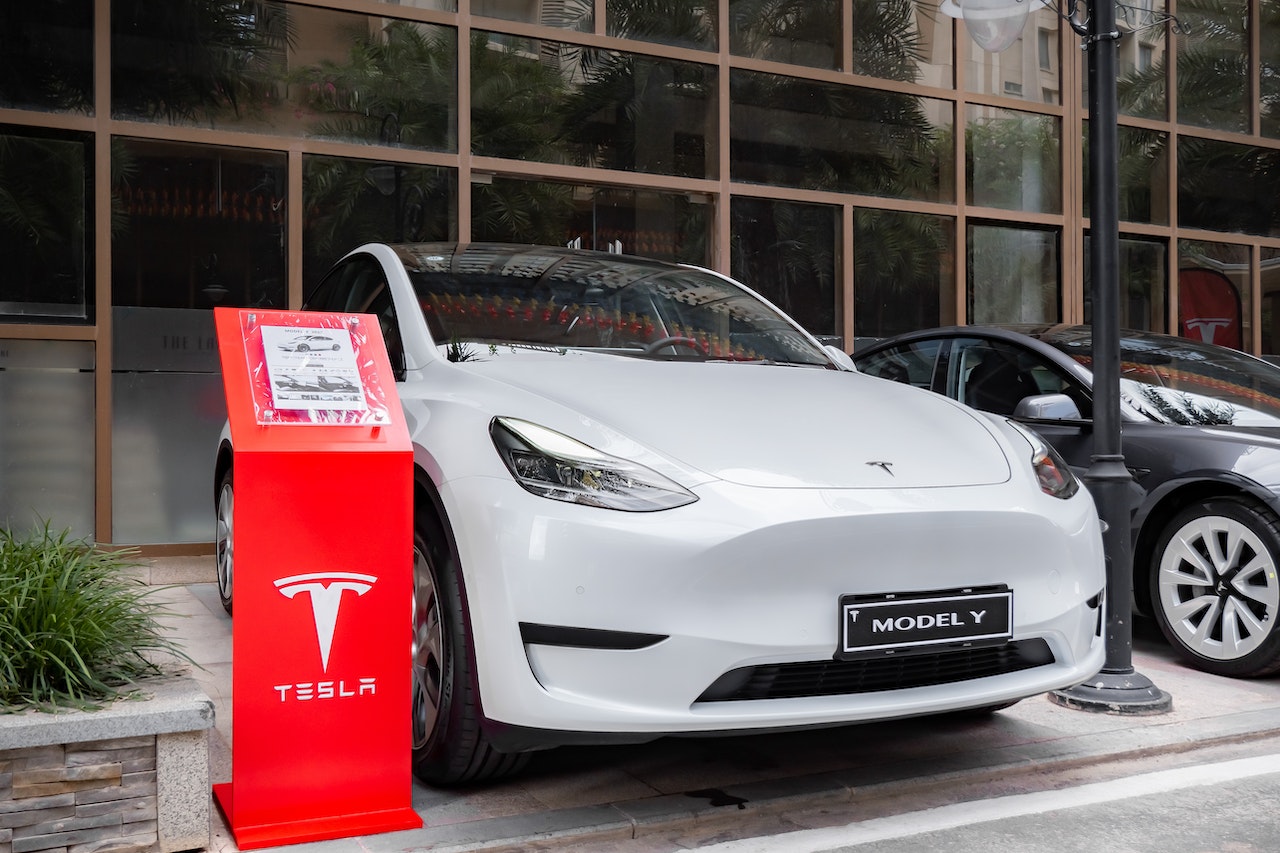Ford Motor Company’s recent decision to put the brakes on a planned $3.5 billion battery plant in Michigan has underscored a formidable challenge facing the growing array of Tesla competitors in the American electric vehicle (EV) market. It appears that Tesla’s dominance is driving many of these contenders into the unprofitable and low-volume niches of the EV landscape.
Global automakers have been fervently launching a multitude of new electric vehicles in the United States, pouring billions of dollars into EV and battery plant investments. Nevertheless, according to a comprehensive analysis of U.S. EV sales data for the first six months of 2023 by Reuters, only Tesla’s Model Y and Model 3 have managed to secure sales volumes substantial enough to support full-scale assembly plants.
In a detailed examination, it was revealed that Tesla remarkably outsold its closest 19 competitors by ratios ranging from 10 to one or even more during the first half of the year, as documented by S&P Global Mobility data. Tesla’s impressive performance during this period saw the company deliver 325,291 vehicles in the United States, from January to June. In stark contrast, General Motors’ Chevrolet brand, with its aging Bolt EV model, came in a distant second with 34,943 units sold, followed by Ford, Hyundai, and Rivian.
On a more granular level, all four of Tesla’s models secured top 12 positions, with the Model Y and Model 3 taking the top two spots, boasting first-half sales of 200,000 and 160,000 units, respectively. In contrast, the Bolt only managed to sell 35,000 units, while Ford’s Mustang Mach E achieved 13,600 units sold. These figures fall significantly short of the volume necessary to sustain a typical assembly plant, which typically needs to operate at 80% capacity or more to achieve profitability.
Given Tesla’s overwhelming dominance in the market, other automakers are grappling with significant challenges when it comes to competing effectively. Data compiled by the Alliance for Automotive Innovation, an industry trade group, reveals that electrified vehicle sales, encompassing plug-in hybrids and fuel cell vehicles, accounted for 8.9% of the U.S. market during the first half of 2023, marking a 2.6 percentage point increase compared to the previous year. However, this market share is shared among a staggering 103 different models, as disclosed in the Alliance’s latest quarterly report on the EV market.
Analysts are beginning to raise questions regarding whether the U.S. EV market’s growth will occur rapidly enough to accommodate all the new battery and assembly operations currently in development or construction. Ford’s recent decision to temporarily halt work on its $3.5 billion electric vehicle battery plant in Michigan reflects these concerns.
Notably, in July, Ford revised its full-year loss projection for its EV unit to $4.5 billion, a 50% increase from earlier projections this year, signaling a slowdown in its EV production ramp-up. While other automakers are struggling to gain a foothold in the EV market, Tesla continues to surge ahead.
During a recent media presentation, Cox Automotive acknowledged that Tesla has indeed ceded some share of U.S. EV sales in 2023 as new competitors entered the market. However, Tesla still commands nearly two-thirds of all EV sales, with no other brand managing to capture more than 10%. Cox estimated that EV sales would rise to 8% of total U.S. vehicle sales in the third quarter, up from about 6.5% the previous year.
Much of this growth is attributed to falling prices, a trend catalyzed by Tesla, which leverages its superior profit margins to reduce prices and expand its market share. Cox reported that average EV retail prices dropped to $53,376 in July 2023, a significant decrease from the high of nearly $70,000 observed a year earlier.
With the recent decision of Ford Motor to pause work on a battery plant and the continued dominance of Tesla, it is evident that Tesla’s rivals are still far from matching the electric vehicle powerhouse. Although other automakers are making earnest efforts to penetrate the EV market, their relatively low sales numbers and unprofitable production plants pale in comparison to the juggernaut that is Tesla.
Source: Reuters



